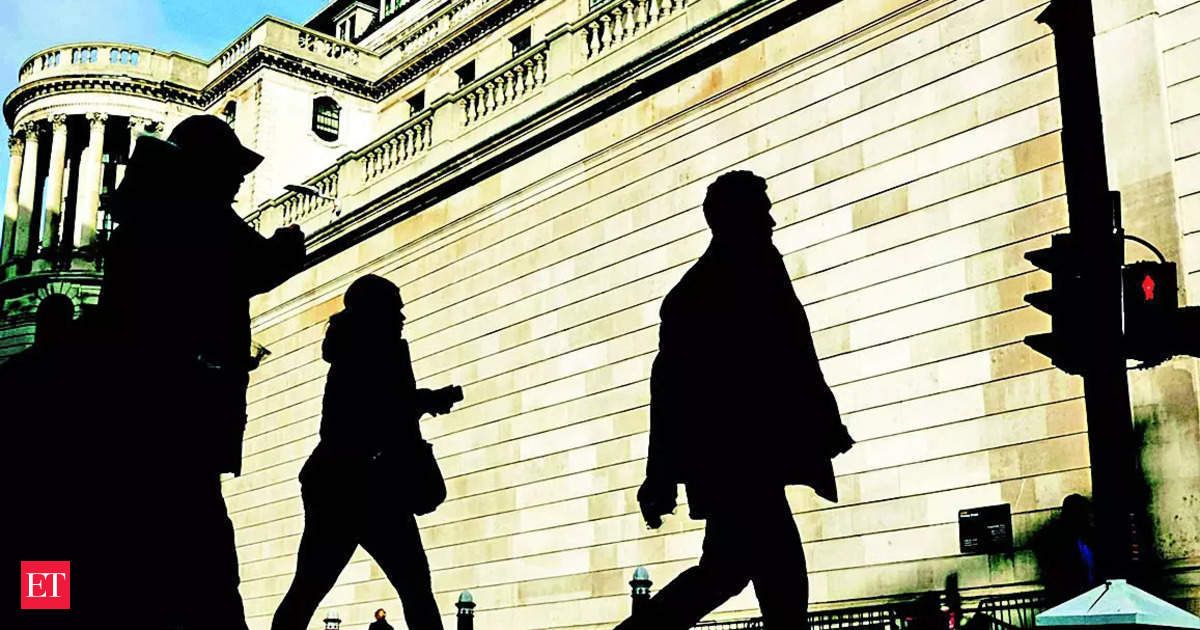Private sector companies in Britain are shedding workers at the fastest pace since the pandemic and the depths of the financial crisis, underscoring the Bank of England’s decision to halt interest rate increases for the first time in almost two years.
S&P Global’s composite Purchasing Managers’ Index slipped to 46.8 in September from 48.6 the month before, the sharpest decline in output since January 2021 when the UK was in lockdown. The reading was worse than economists expected and plunged the private sector deeper into contraction territory.
The survey was cited in the BOE’s decision to hold interest rates at 5.25% as evidence that Britain’s already sputtering economy was weakening. The central bank had an early look at the indicator before its decision, which economist said may indicate that borrowing costs have peaked for now.
The PMI adds to a growing list of indicators that point to a lackluster second half of the year for the economy. Retail sales data also out Friday showing a smaller-than-expected bounce back in August. That suggests retail may be a drag on gross domestic product figures for the third quarter unless September delivers a big bounce higher.
S&P also said there had been an “abrupt turnaround” in the jobs market, with staff cuts the fastest since October 2009, excluding lockdowns during the pandemic.
The closely-watched survey adds to concerns that the UK is heading into downturn a little more than a year before the deadline for the next election. That’s a concern for Prime Minister Rishi Sunak’s government, which is trailing in polls and is hoping to spark growth before voters go to the polls.
The PMIs signaled a second straight month below the 50 threshold separating growth and contraction, pointing to a downturn in GDP. Further weakness in services, the UK’s largest sector, dragged on activity.
However, signs of a loosening labor market add to confidence that the Bank of England’s fight against inflation is gaining traction.











